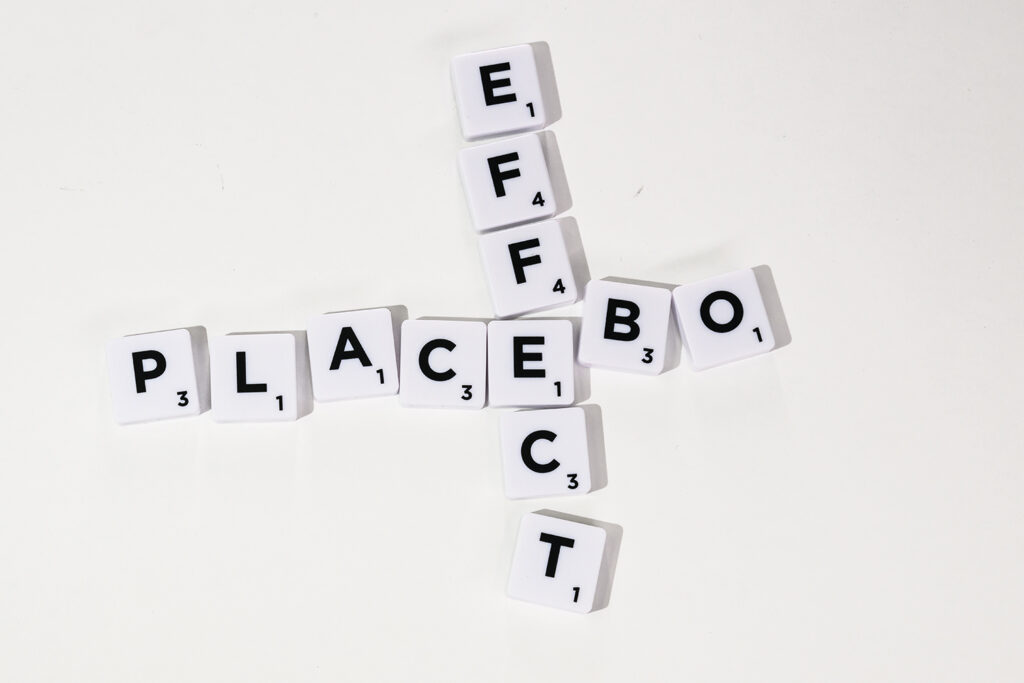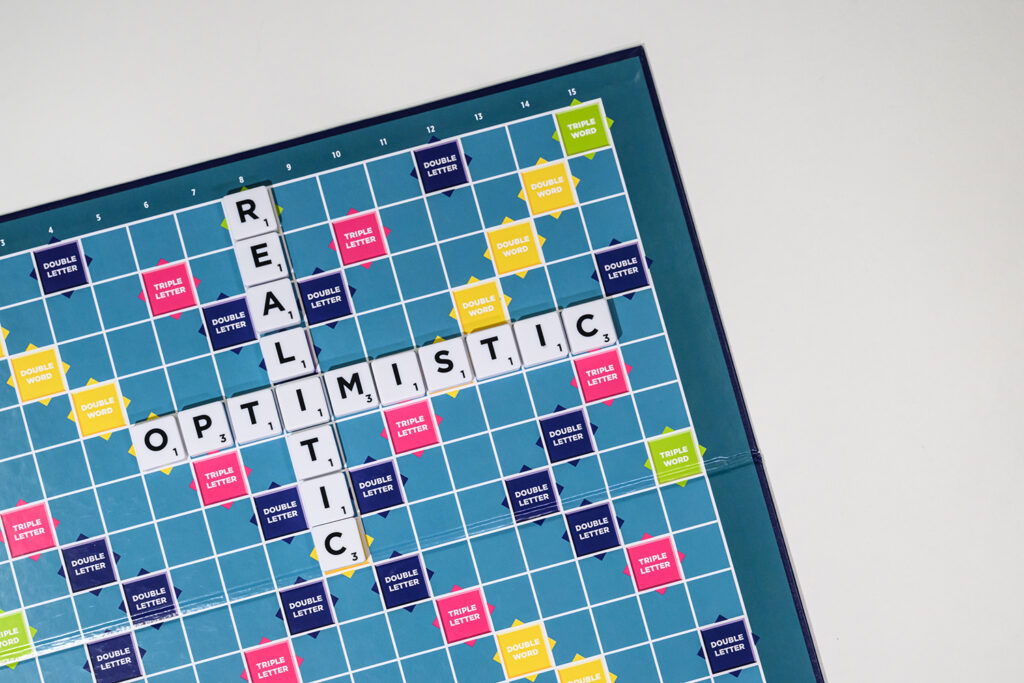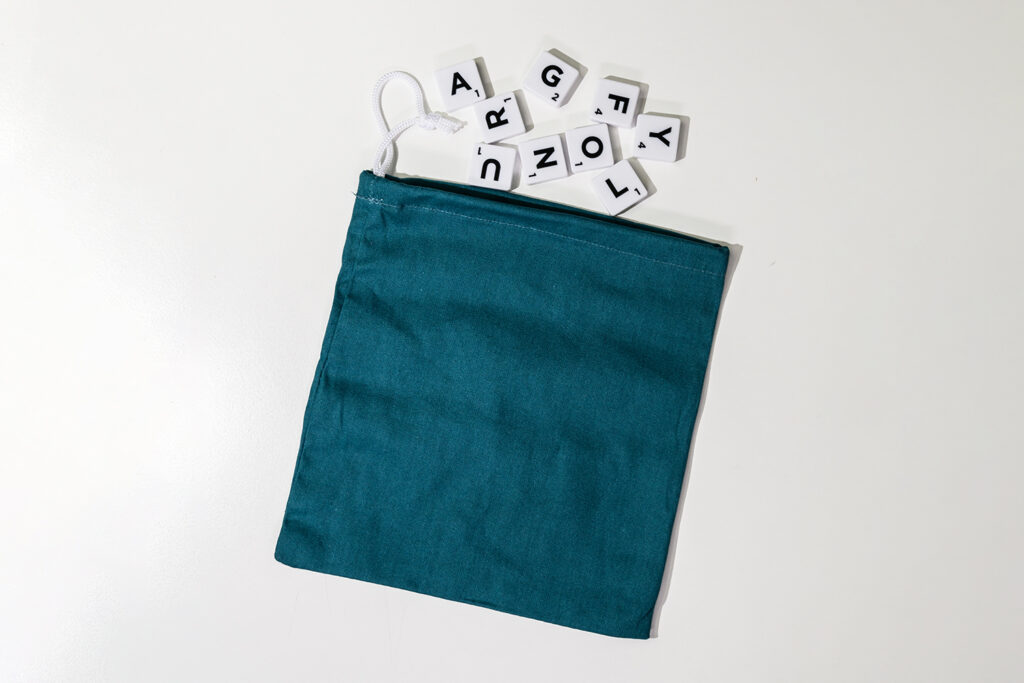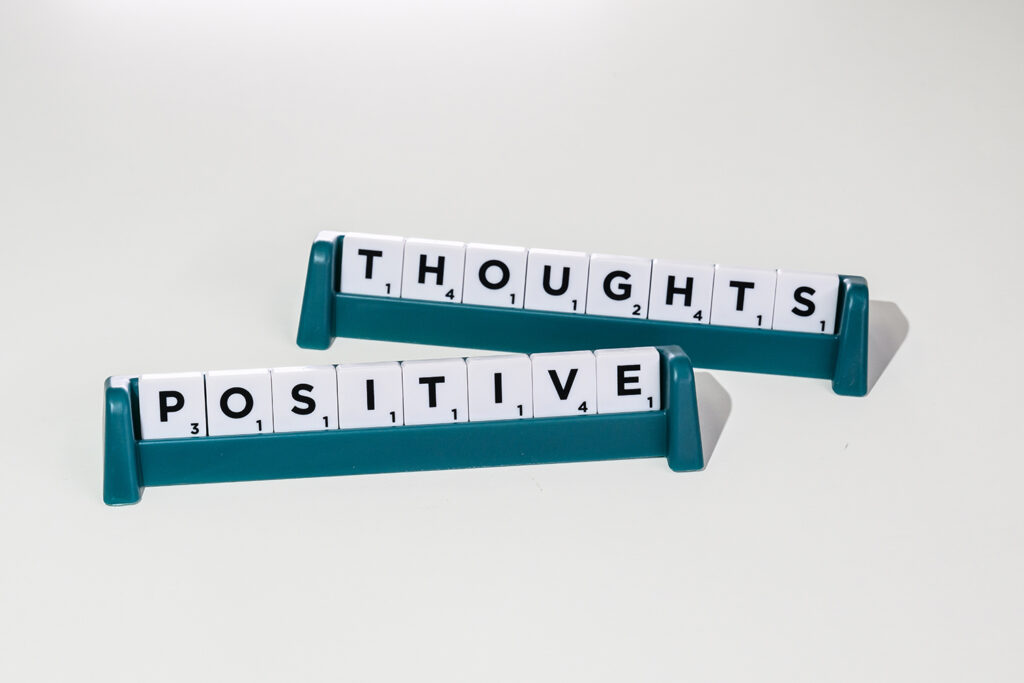FIRST, a confession.When I rather reflexively wrote the headline to this story, I immediately worried that it might elevate your expectations of it. Invoking Dickens is dangerous territory for a writer. You could expect a literary magnum opus and, if that’s the case, then you’ll surely be disappointed. On the other hand, you might be pleased to find this story is not the sort of hefty tome with which you could prop open a door or perch your monitor on.
Generally speaking, I’m not the sort of bloke who likes to set expectations too high. I prefer to under-promise, over-deliver. Life, I’ve often said to friends and colleagues, is expectation management. It’s a defensive strategy, yes. That way, I can only surprise you. I employ a similar attitude in dealings with others, hoping they’ll surprise me. And it’s an approach I actively use with movies, mainly as a counterbalance to the Hollywood hype machine. It was due to the absence of expectation that the 1989 Al Pacino vehicle, Sea of Love, remains among my most enjoyable viewing experiences – I turned on the TV one weekday night in high school with the movie about a quarter-way through. I had no previous knowledge of the film, its genre or plot and little appreciation of Pacino’s standing as one of the giants of 20th century American cinema. Instead, I was able to enjoy the film on its considerable merits. For similar reasons, I often hesitate to give glowing recommendations of movies or TV shows to others. I don’t want to set them up for disappointment.
You might have found yourself employing a similarly guarded, possibly cynical and certainly pessimistic approach to all sorts of events and experiences in your life. It’s easy to let the world around you turn you into a cowering misanthrope. But here’s the thing: that won’t do you any favours. In fact, when it comes to the expectations you have of yourself, it might be best to anchor your gaze at the ceiling rather than the floor.
You’ve no doubt heard of the placebo effect: patients who take a dummy treatment believing it’s real actually see relief from their symptoms. That same principle can be applied and harnessed to give you an intrinsic advantage in challenges you face at work, during exercise, while playing sports, in your relationships and even in your leisure time. That’s because your mind and body are not separate entities, meaning thoughts – idle, conscious, unconscious, critical and considered – can have significant material consequences.

“Cutting-edge research, mostly over the last five years, has shown that these things that we thought were limited to the hospital setting or the doctor’s surgery, like placebo and nocebo- type effects, are influencing every area of our lives,” says David Robson, a science writer and author of The Expectation Effect: How Your Mindset Can Transform Your Life, who, when I speak to him, is doing his darndest not to catastrophise some cold and flu symptoms. “Throughout the day an expectation effect is influencing you in some way.”
If you’re already thinking this sounds like positive thinking gone mad or similar to new-age concepts such as the much-derided practice of ‘manifesting’ desired outcomes though optimistic thoughts, you’d be incorrect. More to the point, given the rather circular nature in which expectation works, your uncertainty about its efficacy means you’re probably not as primed to reap the maximum benefits, either. Science journalist Chris Berdik, author of Mind Over Mind: The Surprising Power of Expectations, sees the distinction between expectation and manifestation as one that distinguishes between science and spirituality. “One [expectation effects] depends on an evolving understanding of how our minds and bodies work, which can be scientifically investigated, and then hopefully replicated, with results that acknowledge probabilities and variance,” Berdik says. “The other depends on an understanding of how the universe works, which for me is a matter of faith, broadly speaking.”
You could make a further distinction between approaching life with a keen appreciation of the work required to capitalise on positive expectations and simply assuming desirable outcomes will be realised. “If you just have expectations and you’re not taking any action, who knows what’s going to happen?” says Julie Norem, a professor of psychology at Wellesley College in Massachusetts and author of The Power of Negative Thinking. “You are just leaving it to chance and that’s true if you assume that the best will happen and if you assume the worst will happen. Expectations can become self-fulfilling prophecies. The key is taking action.”
On balance, it seems reasonable to conclude that the much cited ‘universe’ isn’t an arbiter of chance, luck and karma, but merely a forum in which random events are given shape and meaning by individual perception. Thus, many of the tools you need to succeed reside within you. It turns out ‘the secret’ to success, to reference manifestation’s most famous work, isn’t actually a secret. It’s an understanding of the way your brain works and using that knowledge to your advantage. In that respect, it’s more or less what you expect.
The brain is a frame
A few years ago, I was coming down with a cold. I had a tickle in my throat. Soon, I knew, I’d have a fever, maybe the shivers, before my nose would start running, my throat would be irritated and I’d be coughing up phlegm. I knew the script of the common rhinovirus as well as you probably do. I knew what to expect. I mentioned my symptoms to my wife, who recommended a popular over-the-counter medicine I won’t name. People at her office swore by this medicine, she said. I picked up a bottle at the chemist after work and took the medicine before I went to bed.
When I woke up the next morning something remarkable had occurred. My symptoms had vanished. The medicine had worked, yes, but I knew something else may have been at work behind the scenes: my body’s placebo response. I expected a positive outcome and, sure enough, I got one. I began recommending the medicine to my friends, who reported similar results. Sometimes I will even tell them that they need to believe the medicine will work for it to be effective.
Doctors have long known patients’ beliefs in the efficacy of treatments could help offer them relief from their symptoms. As Robson points out in The Expectation Effect, for many years doctors worried about the ethics of deceiving patients by prescribing fake drugs. No less than the third US president, Thomas Jefferson, called placebos “a pious fraud”. By the early 20th century, a medical paradigm grounded in biological processes had seen placebos largely dismissed as a legitimate treatment.
It was US anaesthesiologist Henry Beecher’s work on pain on the battlefields of WW2 that sparked renewed interest in the potential of mind-body connections. Despite having to treat horrific injuries, Beecher found many of his patients reported feeling no pain at all, while others experienced only slight discomfort, a large portion of them refusing painkillers. Beecher believed the patients’ relief at escaping the frontlines alive had created a sense of euphoria that served to numb the pain their injuries should have caused them. He subsequently began administering a saline solution to soldiers requiring surgery, a nurse reassuring them they were getting real painkillers. The results were astounding, Beecher estimating the placebo was 90 per cent as effective as the actual drug.

Beecher’s work would lead to widespread acceptance of placebos in the medical community and their use in clinical trials in which patients are randomly assigned to take either a fake drug, like a sugar pill, or the actual drug under consideration. Only those treatments that outperform the placebo gain approval. Placebos are now widespread in treatment of conditions ranging from chronic pain to Parkinson’s disease, asthma and heart disease.
So, is pain and infirmity a construct of the mind, then? Certainly not. Placebos often work through the same physiological mechanisms as targeted drugs, Robson says. In the case of pain, researchers estimate placebos are responsible for at least 50 per cent of the relief generated by the actual drugs. “This pain relief could be because of a shift in subjective experience,” says Robson. “But it’s also due to distinct physiological changes: when you take a placebo to relieve pain, your brain draws on its own ‘inner pharmacy’ and starts producing opioids of its own,” he says.
Amazingly, patients in drug trials often experience the “nocebo effect” – reported side-effects of the actual drug, such as nausea, dizziness or rashes, even though they’re only taking sugar pills. “Your doctor warning you of a drug’s side effects makes it much more likely that you’re going to experience them,” Robson says.
This is because the brain, to use Robson’s description, is a “prediction machine” that anticipates outcomes and produces simulations and shortcuts in order to give you the best chance at survival. “Based on its previous experiences and the context it finds itself in, the brain is making a guess of the world and what should happen in the next few milliseconds and then over longer time periods,” Robson says. “These simulations are controlling what we perceive and they help us make sense of ambiguous data.”
They also change your physiological response to stimuli to allow you to cope with the challenges your brain believes it faces. “Everything from changing the hormonal balance, changing the heart’s rhythms, changing the dilation of our blood vessels, raising or lowering inflammation, all of these things are being influenced by these simulations,” Robson says.
One of the most astonishing outcomes of the prediction machine model is that it appears to be making the placebo effect more powerful over time, even though people often know they’re not receiving the treatment being tested, Robson says. These days placebos no longer have negative associations and simply telling people the placebo might help them, increases the likelihood that it will – the placebo effect generates its own placebo effect.
The key to my positive experience with the cold remedy could have been due to the medicine itself. But it also may have been a result of the priming I received from my wife’s colleagues’ glowing endorsements, giving rise to an expectation the medicine would work. Or it could have been because I was already familiar with the placebo effect and knew I’d be best to have confidence in the medicine to offer relief. Either way, it got me thinking: can you use the same mechanisms to optimise your workouts, or to help boost your bench press or vertical leap?

PAIN IS GAIN
One of the more staggering stories Robson cites in The Expectation Effect is that of French cyclist Richard Virenque in the 1997 Tour de France. Virenque, a hills specialist rather than a sprinter, had heard about a new drug that would deliver a spurt of energy for the 55km time trial he was facing in Stage 12 of the great race. He asked his physio, Willy Voet, to procure a sample of the drug, which Voet was instructed to inject into Virenque’s buttocks before the time trial. In the words of Voet, Virenque proceeded to race “the time trial of his life”, finishing second behind his great rival, German Jan Ullrich. As you might have guessed, there was no active ingredient in the white fluid in Voet’s syringe – he had swapped it for a glucose solution.
There are countless stories of athletes having similar reactions to sham drugs. The placebo response observed in medical trials also applies to substances used to boost performance on the track or playing field, such as caffeine and even steroids, says Robson. It could even be possible, he says, for morally dubious coaches to inject athletes with banned substances before competition. They could then gradually replace the dose with an inert substance, allowing the athlete not only to beat testing protocols, but perhaps more importantly, enter the competition with increased expectations of their performance that will give them a huge physiological advantage.
The reason athletes can increase their output to exceed what they perceive is their maximum effort is because exhaustion isn’t just a product of muscular fatigue. It’s also a deliberately conservative threshold calculated by your famously miserly brain. Like an elderly lady who keeps a biscuit tin of cash under a mattress, the brain stashes hidden reserves of energy for when you absolutely need it, or, in a clinical-trial setting, are deceived into drawing from it. Robson points to a study at Massey University in NZ in 2008, in which a group of cyclists was
asked to perform a series of identical rides to the point of exhaustion. In one trial the participants’ clock was accurate, in the others it was either 10 per cent too fast or 10 per cent too slow. The cyclists’ stamina increased by 18 per cent on the slow clock and fell by 2 per cent on the fast one. “The wonky time perception had led the participants’ brains to estimate that they had exerted more or less effort than they
actually had,” Robson says.
While the possibilities for performance gains are manifold at the elite level, expectations of exercise and how you perceive energy expenditure can also aid regular gym-goers.
“The fundamental thing is to avoid those kind of baseline negative expectations that lots of people have about fitness,” says Robson, citing his own experiences in the gym. “I’d be on the treadmill and my heart would start racing, I’d get really out of breath, my muscles would be aching. So, I’d catastrophise those sensations, which the research shows is going to exacerbate the pain you’re feeling in the workout and it’ll reduce your actual physiological outcome.”
The key to improving your performance in the gym, Robson says, lies in reappraising your experience when you’re pushing your body to the limit. “Rather than seeing it as a sign of your lack of fitness, actually see it as a sign that your workout has been super effective,” he says. “You are strengthening your body, expanding your lungs, strengthening your heart. The research shows that when you reframe these perceptions in this way, it really does help to reduce the perceived exertion you experience. That way, you can come out of the gym and you don’t feel so exhausted, you actually feel invigorated.”
Once again, much like open-label placebos, you don’t have to be deceived to reap results. If you read a study that says a shot of espresso 30 minutes before a workout will aid your performance, your brain will run with that. The same goes for a fancy new pair of runners or your favourite workout tracks. If you believe they’ll help you, they likely will.
The reframing and reappraisal of bodily sensations and intrinsic feelings can lead to gains in other areas of your life, too. Sweaty palms, rapid heartbeat and a dry throat before public speaking are signs your body is gearing up to unleash its best possible performance. Once you realise that and see these sensations as positives, that can then reduce your anxiety about your speech.
“Once you learn that stress can be beneficial, the body then actually moderates its stress response a bit,” says Robson. “It doesn’t go into fight or flight mode but just reaches a more optimum state of stress and you recover quicker afterwards.”
Conscious reframing of stress signals is something many top athletes, particularly those in GOAT conversations, the Nadals, Lebrons and Messis of the world, often do by default. “I think even among elite athletes some might be applying reframing more than others actually,” says Robson. “If you watch Serena Williams, especially at her peak, it could have been match point with the other player and she still manages to pull it back because she was excellent at being able to reframe the pressure she was under in a way that was beneficial to her. For some athletes that really is their secret to success.”

No fate but what you make
When I walked out of the darkness of the Warrnambool cinema into the bright afternoon sunshine one day back in 1992, I remember feeling dazed and discombobulated, as if I had been transported back to Earth after a visit to an alternative dimension. I remember turning to my brother and saying, slowly and deliberately, “That was awesome”. We had just seen Terminator 2: Judgment Day.
I mentioned earlier how my enjoyment of Sea of Love was perhaps because it was such a pure experience, uncorrupted by Hollywood hype or preconceived expectations. T2 was the opposite of that. It was a film I’d been itching to see, my anticipation fuelled by thrilling trailers and the Guns & Roses song, ‘You Could Be Mine’, that stay as open as possible to whatever unfolds before you. “Not to impose, from the start, some spurious norm or template formed by prior expectation,” he says. Importantly, Martin tries not to read too much about a film before seeing it. “I approach all movies the way I once used the barn-like VHS video stores of the 1980s and ’90s: grab a bunch of stuff you’ve never heard of before, take it home and fling it into the machine.”
This blank-slate approach to cinema is something all of us would do well to apply to the scenes and set pieces we encounter in real life. The problem is “the prediction machine” is ruthlessly efficient, which can have some amusing but also more disturbing consequences.
You’ve probably heard of studies in which wine tasters are blindfolded, reducing their associations and sensory input.
In one study in which red wine was chilled and judges blindfolded, they assumed it was white wine and judged it accordingly. Similarly, if you give people a bottle of cheap wine and tell them it’s expensive, they’ll think it’s richer and more full-bodied, Robson says.
Such reactions also highlight the social dynamic of expectations, which determines what we assign value, adds Berdik. “If others put a high or low value on something, our expectations of its value follow suit,” he says. “Look no further than our monetary systems. How else can one really explain bitcoin?”
Group expectations can also influence seemingly subjective preferences, such as how attractive you find someone, Berdik says. “We rate the attractiveness of another person differently according to how attractive that person supposedly is to a group of our peers,” he says. “Expectations are social, not
simply personal.”
In studies conducted at the University of Minnesota on self-fulfilling prophecies in interpersonal behaviour back in 1970s, Professor Mark Snyder and his research team had men and women placed in two separate rooms with the men given a random picture of a woman deemed attractive or unattractive. The two were then asked to interact over a phone line. The conversations were recorded to see how the men’s perceptions of the women affected the way they interacted with them and how they perceived the women’s personalities. As you might expect, the men thought the women they’d been primed by the picture to regard as attractive were warmer, friendlier and more interested in talking to them. They thought the ‘unattractive’ women were colder, more distant and not as fun.
“It’s kind of a truism in psychology that we often see what we expect to see,” says Dr Arthur Stukas, an associate professor in psychology and counselling at La Trobe University, who’s worked with Snyder on a number of these types of studies. The remarkable thing about the aforementioned study, Stukas says, is that the women actually did act in line with the perceiver’s expectations of them. “When they were thought to be attractive, they were warmer and the women thought to be unattractive were colder,” he says.
“If others put a high or low value on something, our expectations of its value follow suit”
This phenomenon has huge social implications, not just for say, online dating, but also in areas like education. A famous 1968 study by researchers Robert Rosenthal and Lenore Jacobsen found teacher expectations influence student performance. Positive expectations influence performance positively and negative expectations influence performance negatively.
Needless to say expectations can be a huge problem in high-pressure jobs, such as policing. The brain often makes snap judgments based on information such as class, race and appearance, accessing culturally learned stereotypes that may be difficult for targeted individuals
to overcome, Stukas says.
“That’s sometimes called stereotype threat, where there’s extra work that has to be done by people who are the targets of negative stereotypes to overcompensate for other people’s expectations,” Stukas says. “Those initial beliefs come to us automatically and unconsciously and unless we have both motivation and ability to focus and reject those beliefs, then they can still influence us and our treatment of others.”
Stukas’ advice for social interaction, at least, is very similar to Martin’s approach to movies: give everyone the benefit of the doubt. “Give people the opportunity to demonstrate a positive behaviour.”
He also advocates adopting what’s known as “positive illusions”, not only about yourself but your relationships. “If you believe your relationship is better than average, that’s good for the relationship,” he says. “Even if you are just average, that’s going to be more likely to lead to positive outcomes for you and for the other person, too.”
It’s an approach you’d be wise to incorporate into your cognitive programming, whether you’re a dude on a dating site or a Cyberdyne Systems Model 101.
Age of entitlement
You might be wondering how alcohol fits into the expectation equation. Loss of inhibition, over-inflated sense of ability, what could possibly go wrong? Let me give you a personal example. At my brother’s engagement party I got extremely inebriated. Normally a reluctant dancer, I took to the floor and felt the music. The video footage I saw about a month later, however, told a different story, revealing a clumsy, clod-footed
individual, seemingly dancing to different songs to everyone else. I was mortified.
I recall the anecdote only to caution that there are limits to the power of expectation. “There are no known ways that you could shrink a tumour just with the power of your mind,” says Robson. “Things like reframing will determine how well you tolerate treatment, but they’re not going to change your chances of survival.”
The key, of course, is to keep your expectations grounded in reality. “If our expectations are too different from the real world and what we experience, then it doesn’t work anymore,” says Dr Katharina Schwarz, a lecturer in psychology at the University of Würzburg in Germany. “Then it doesn’t have a real effect on us and we’re just left lost and confused. Ultimately it helps to be optimistic in a realistic fashion.”
If you want concrete proof of the power of realistic expectation aligned with a commitment to decisive action, you need look no further than the aging process. Your expectations may not be able to save your life but they can extend it. It turns out you really are as old as you feel. Robson cites a landmark study from the Yale School of Public Health that looked at data from the Ohio Longitudinal Study of Aging and Retirement. It found participants with a positive perception of aging lived up to 7.5 years longer than those with a negative attitude to aging. Of course, these people didn’t just sit around hoping age would not weary them. They made sure it didn’t, living up to their expectations by continuing to exercise, eat healthily and keep their brains stimulated. “The fact that your beliefs about whether aging is this kind of inevitably horrible negative decline, or whether you see it as being an opportunity for growth and for new experiences, and that can affect your longevity, I find incredible,” says Robson.
Seven-and-half years! That lifespan could be impacted that much, simply by our perception of aging, is truly an astonishing finding. But maybe it shouldn’t be. Maybe that’s the point.
Hack Your Hardwiring
Set your expectation compass due North with these tips from Robson’s book, The Expectation Effect.
Pop a cap
“If you have a choice over medical treatment options, try to bear in mind the factors that can influence the size of the placebo component. Bigger tablets are more effective than smaller tablets – but
capsules are better still.”
Cultivate an indulgence mindset
Be wary of food descriptions that create a sense of deprivation. A study in the journal Appetite found a pasta salad labelled ‘healthy’ will lead to a lower level of satiety than one labelled ‘hearty’ thanks to the expectation it will be less satisfying, says Robson. “When you have the mindset of deprivation the body thinks it’s not going to have enough resources, so it slows down your metabolism and it stimulates the hunger hormone, ghrelin, which stimulates appetite,” he says. Savouring indulgent foods and adding spices to leaner foods can convince your brain
you are full.
Reframe your nerves
“You’re unlikely to feel anxious about something you don’t care about,” says Robson. “If you feel nervous before a job interview, it’s a sign of how much passion you feel for the position and your potential for growth. This way, you stop seeing the situation as a threat.”
If you can’t sleep, don’t stress
“In sleep studies measuring nocturnal brain activity, around 10 per cent of people are ‘complaining good sleepers’, who believe they are sleep deprived,” says Robson. A further 16 per cent are ‘non-complaining bad sleepers’, who get less than seven hours a night but don’t feel anxious about it. It’s the complaining good sleepers who are more likely to suffer from poor concentration, fatigue and depression, he says.
Age shall not weary you
“Avoid attributing sickness to your age, since this will reinforce the idea of an inevitable decline. People with a positive view of aging tend to recover from illness more quickly than those with negative expectations,” Robson says.
















